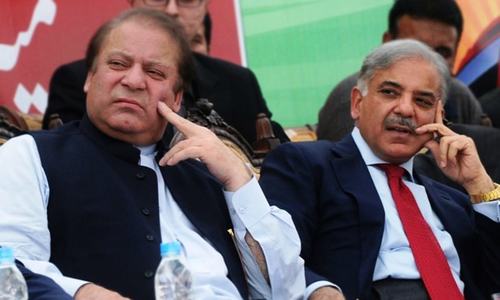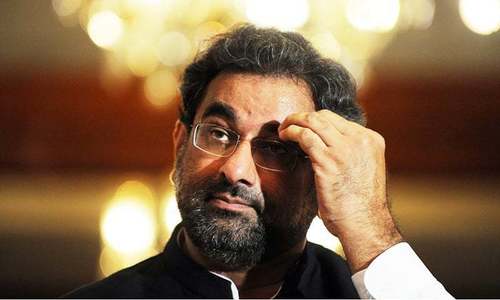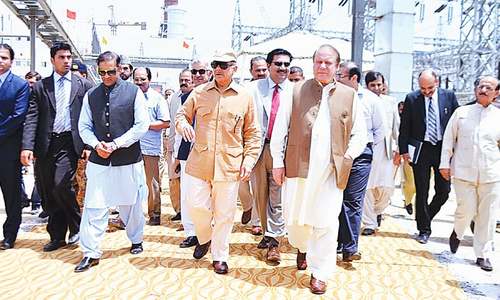ISLAMABAD: The much-talked about Nandipur power project has been generating the most fuel-expensive electricity among about 80 power plants operating in the country despite having advanced machinery.
According to monthly filings to the National Electric Power Regulatory Authority (Nepra), the average fuel cost of electricity generated by the 425MW Nandipur project in November stood at about Rs10.25 per unit (kwh).
The controversial plant achieved an average capacity utilisation of 42 per cent.
The fuel cost is even higher than that of decades-old power plants in the private and public sectors, which are normally dubbed inefficient and not-so-well-maintained machines.
The fuel cost of independent power producers (IPPs) and public sector generation companies (Gencos) ranged between Rs5 and Rs8.30 per unit.
The National Transmission and Dispatch Company (NTDC), which is responsible for procurement of energy from all power plants, maintains a merit order list — starting from the cheapest to the most expensive — of 78 power stations, including those running on hydropower, gas, nuclear, furnace oil, high speed diesel and liquefied natural gas. Interestingly, no stakeholder is aware of the Nandipur plant’s merit order.
Informed sources said Nepra had sought explanations from the NTDC and the Central Power Purchasing Agency (CPPA) about the merit order of Nandipur plant, but had yet to receive these.
The merit order and capacity utilisation, commonly known in technical jargon as plant factor, play a critical role in determination of monthly fuel component charge of consumer tariff.
According to official record submitted to Nepra, power plants being run on furnace oil like Nandipur produced electricity at Rs8.30 per unit in November, compared to Rs10.35 by the Nandipur plant.
Hub Power Company, set up in the early 1990s, produced electricity at Rs7.65. The fuel cost of AES of Nishat Group at Rs8.30 per unit was the highest among IPPs.
The average fuel cost of Block-I of Kot Addu power plant, privatised in 1996, stood at Rs6.57 per unit and its block-II at Rs7.16.
The average fuel cost of Attockgen stood at Rs5.75 per unit, Atlas Power at Rs6.79 and Nishat Power and Nishat Chunian at Rs6.76 and Rs6.87 respectively. Hubco’s Norowal plant produced electricity at Rs6.84 per unit.
Interestingly, the fuel cost of decades-old thermal power plants of Gencos was also cheaper than the Nandipur project.
For example, the fuel cost of Genco-I (Jamshoro) stood at Rs8.52 per unit and Genco-III at Rs9.35 per unit.
The Nandipur plant has been in the limelight for more than five years because of inordinate delays, cost overruns and allegations of mismanagement, corruption and kickbacks.
Published in Dawn, January 9th, 2016













































